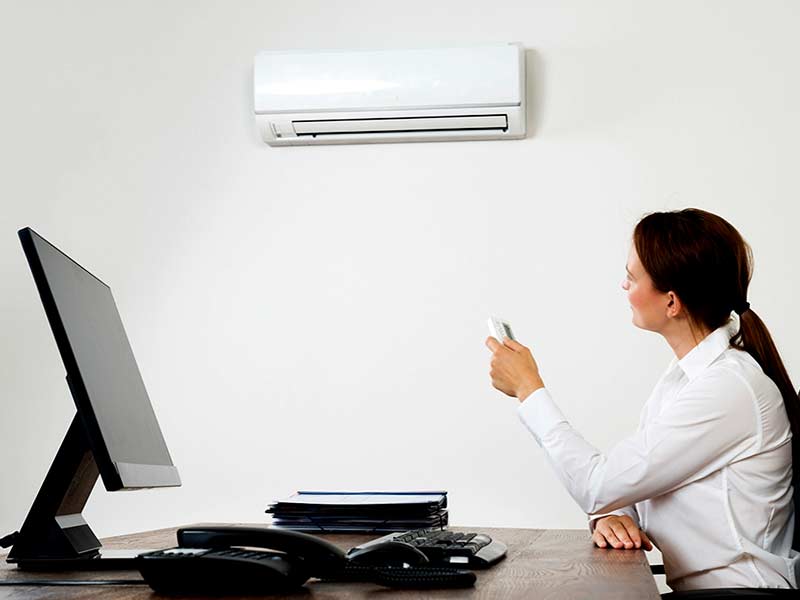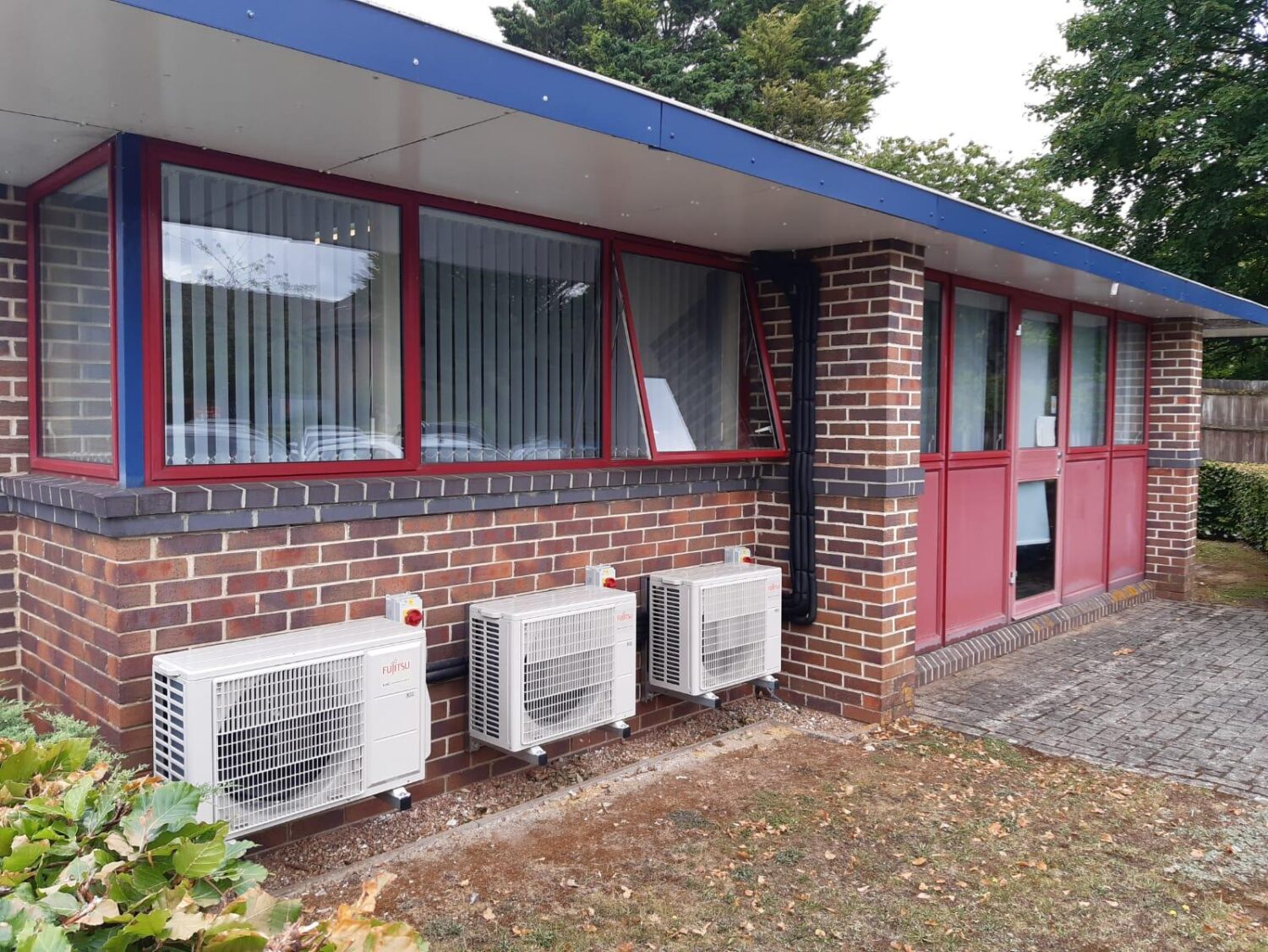Did you know your workers are 15 times more likely to die from a work-related disease than they are from a work-related acute injury?
While this may seem hard to believe, it’s true, which is why it’s extremely important that you assess the risk of airborne contaminants in your workplace and take the necessary steps to eliminate them. This is where local exhaust ventilation comes into play.
Not sure what this local exhaust ventilation is, how it works, and who can benefit from it? Read on to find out everything you need to know about local exhaust ventilation (LEV) and why it is crucial.
What is Local Exhaust Ventilation?
Local exhaust ventilation is a type of engineering system that is designed to reduce the risk of exposure to airborne contaminants in confined spaces. These contaminants include dust, mist, fumes, vapours, and gases, which could be harmful to your employees if they are inhaled.
However, using this type of ventilation system can help reduce these contaminants in the air and protect your staff from respiratory damage and diseases, such as COPD and respiratory cancers.
Why do You Need Local Exhaust Ventilation?
The most obvious reason why you need to invest in local exhaust ventilation is to maintain your employees’ health and wellbeing. However, this is not the only reason you need an LEV:
-
Required by Law
If your working environment creates dust or any other contaminants, you are required by law to take the necessary steps to protect your employees. A local exhaust ventilation system offers one of the most effective ways to remove these contaminants and safeguard your workers.
-
To Reduce Exposure
If you are unable to change the work processes that cause contaminants in your workplace, then the next best course of action is to reduce the risk of exposure.
Again, one of the most effective ways to do this is by using a local exhaust ventilation system to reduce your team’s exposure to airborne nanoparticles.
How Does Local Exhaust Ventilation Work?
How local exhaust ventilation works is simple:
- Sucks in air and collects contaminants
- Takes these contaminants away from the workplace
- Cleans the air
What Type of Workplace Needs Local Exhaust Ventilation?
As briefly touched upon above, some workplaces are required by law to use contaminant-removal systems such as local exhaust ventilation.
If your workplace produces any of the following airborne contaminants, you should consider local exhaust ventilation:
- Mineral dust
- Welding fumes
- Metallic dust
- Chemical dust
- Harmful gases such as carbon monoxide and nitrogen dioxide
- Vegetable dust
- Fibres from wool, ceramic, nylon, or carbon
- Moulds and spores
If you are concerned about airborne contaminants in your workplace, it’s recommended to have an assessment carried out by a trained professional – and that’s where our experienced team comes in.
Here at Air Improve, we are experts in ventilation and can help you make your workplace safe for you and your employees.
Get in touch today and learn more about how local exhaust ventilation can help your business and protect your employees.
Winchester Office: 01962 841366
Plymouth Office: 01752 769000


